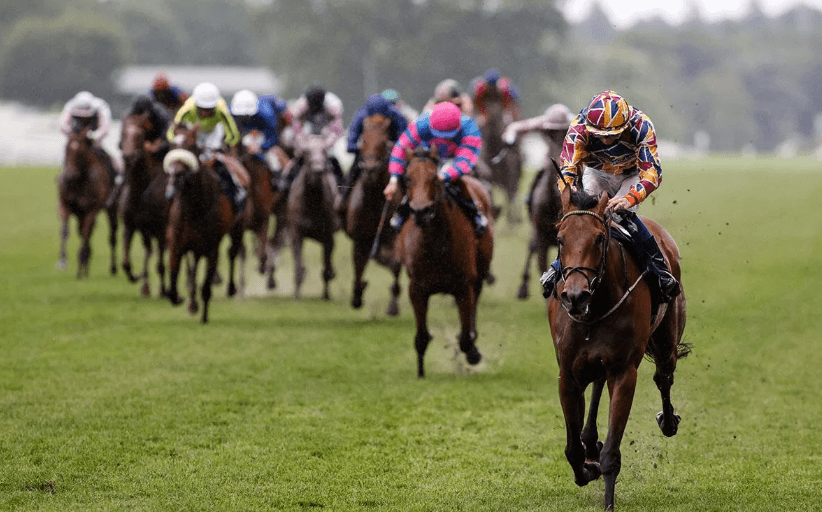Horse racing exemplifies a unique blend of strategy and precision. Every race is a complex tapestry woven from the skills of jockeys and the innate abilities of horses. Jockeys must assess race conditions and make rapid decisions, considering various factors that influence performance. Understanding the dynamics of horse breeds and training adds another layer of complexity. This intricate relationship raises questions about the true nature of success in the sport. What truly determines victory on the track?
The Role of the Jockey: Mastering the Race
The jockey serves as a crucial strategist in the high-stakes environment of horse racing, where every decision can significantly impact the outcome.
Proficient jockey techniques encompass not only riding skill but also keen race tactics, including pacing, positioning, and responding to competitors.
Mastery of these elements allows jockeys to navigate dynamic race conditions, ultimately enhancing their chances of securing victory and freedom on the track.
Understanding Horse Dynamics: Strengths and Weaknesses
Horse dynamics play a pivotal role in the outcome of races, dictating both strategy and performance.
Different horse breeds exhibit unique strengths and weaknesses, influenced by race conditions and track surfaces.
Fitness levels and temperament traits further impact a horse’s ability to navigate challenges.
Understanding these dynamics is crucial for assessing injury risks and optimizing performance, ultimately shaping a race’s outcome.
The Science of Training: Preparing for Success
Training a racehorse requires a meticulous blend of science and art, where each element is finely tuned to enhance performance on race day.
Effective training techniques, such as interval workouts and strength conditioning, are vital. Coupled with performance metrics like speed and endurance, trainers can evaluate progress, ensuring that each horse is optimally prepared to unleash its full potential on the track.
Strategic Betting: Decoding the Odds
While many may view betting on horse races as a game of chance, seasoned bettors recognize it as a complex exercise in strategy and analysis.
Successful wagering hinges on effective betting strategies and accurate odds interpretation. By examining historical performance, track conditions, and competition, informed bettors can make calculated decisions, transforming uncertainty into opportunity and enhancing their chances of winning in this thrilling sport.
Conclusion
In conclusion, horse racing transcends mere sport, embodying a sophisticated blend of strategy and precision reminiscent of a chess match played on a vibrant canvas of dirt and turf. Jockeys, akin to skilled generals, must adeptly maneuver their steeds while leveraging each horse’s unique strengths. With rigorous training and calculated betting strategies, enthusiasts can appreciate the intricate dynamics at play. Ultimately, it is this delicate dance between horse and rider that captivates audiences, ensuring that the thrill of racing remains timeless.




 Horse Racing: An Exciting Sport for People of All Ages
Horse Racing: An Exciting Sport for People of All Ages